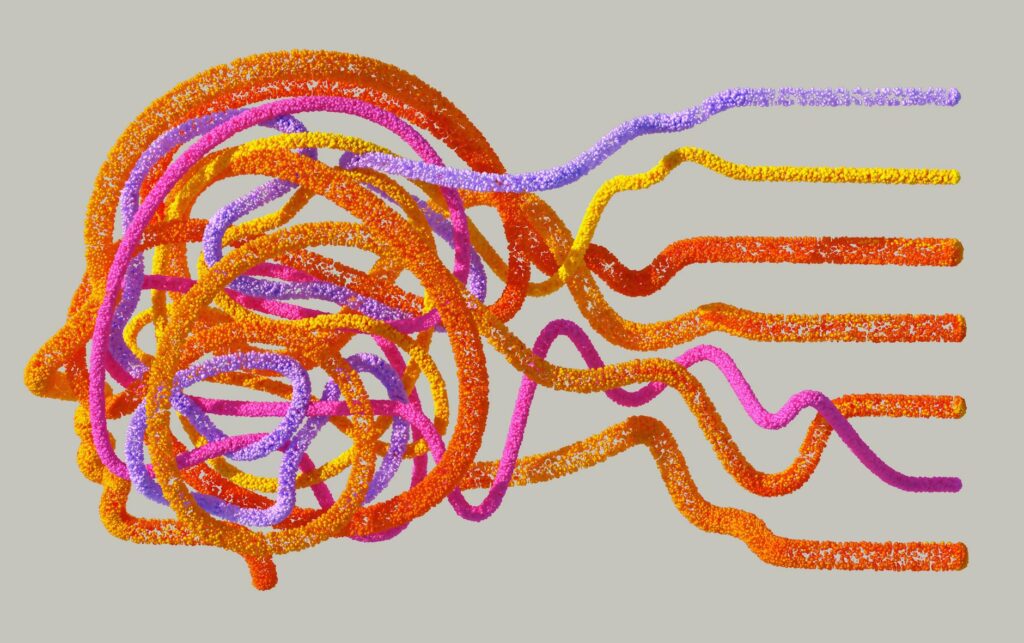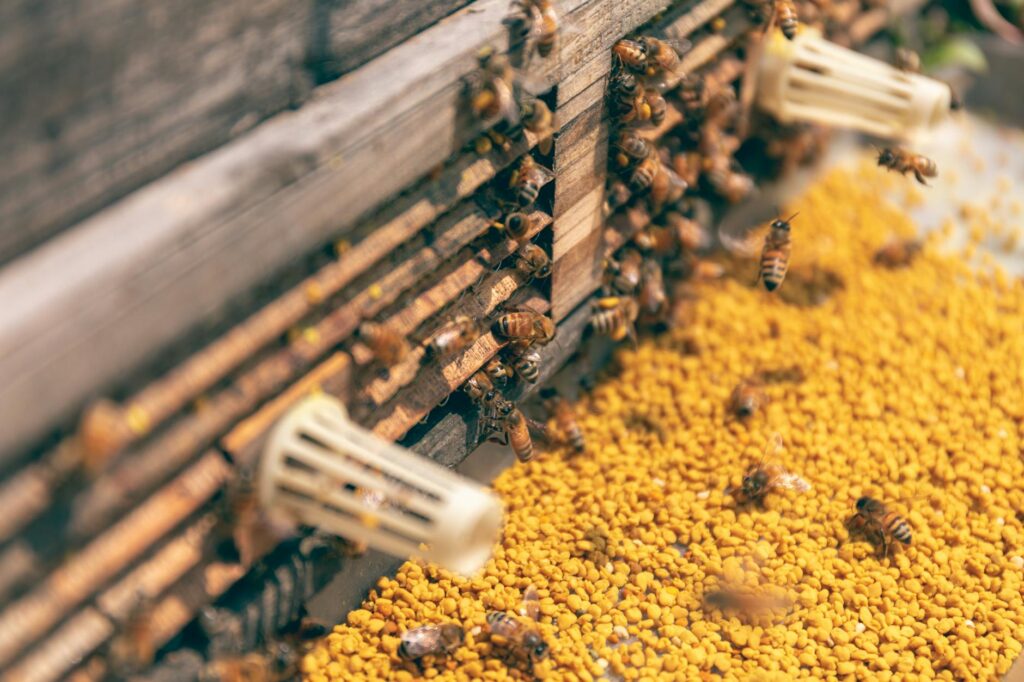Last year, a very interesting scientific review was published, which gathered most of the scientific evidence regarding the effects of bee pollen on the body and tried to answer the question: can the properties of bee pollen support the prevention of neurodegenerative diseases?

As is known, the mechanisms contributing to the development of neurodegenerative diseases (including the most popular ones: Alzheimer's disease, Parkinson's disease) are: oxidative stress, metabolic syndrome (excess body weight, hypertension, fatty liver NAFLD/MAFLD, poor nutrition, etc.), chronic low-grade inflammation, and diabetes.
Bee pollen, known for its specific health properties, has a beneficial effect on the above-mentioned mechanisms, so it is no wonder that it is the subject of interest of many research centers working in the field of neurodegenerative diseases.
The benefits of bee pollen include primarily its ability to combat oxidative stress. Thanks to its diverse active ingredients, it can replenish nutritional deficiencies, reduce chronic inflammation, enhance insulin receptor sensitivity, and support the treatment of fatty liver disease (NAFLD/MAFLD). These properties are particularly interesting and necessary, especially in the prevention of these diseases.

At this point, despite scientists' great hopes, key areas and mechanisms of bee pollen action in the digestive system remain to be verified, as do the modulation of microbiota, the full composition of bee pollen by region (as a natural raw material, bee pollen has different compositional characteristics depending on the region of origin, which is a significant variable for clinical trials), and the feasibility of applying a specific, specific, and repeatable model to more advanced therapeutic practices. There are also no reports on the specific pharmacodynamic and pharmacokinetic mechanisms of pollen within the body, nor on the use of individual active ingredients in the CNS (central nervous system), such as the ability to cross the blood-brain barrier, or the long-term effects of pollen use on these systems.
It's worth noting that we still don't fully understand the mechanisms behind neurodegenerative diseases, so it's too early to conclude that bee pollen slows down the aging process of the brain and nervous system. Nevertheless, current knowledge in this area suggests that bee pollen, a natural product also known as a superfood, is a valuable dietary component in terms of its potential impact on preventing and mitigating neurodegenerative diseases.
The conclusion? We need to wait for further well-conducted studies with strong evidence and keep our fingers crossed for a product so readily available in our latitude.
My opinion? Let's be cautious, but optimistic on this matter.
Sources:
The author of this entry is:
